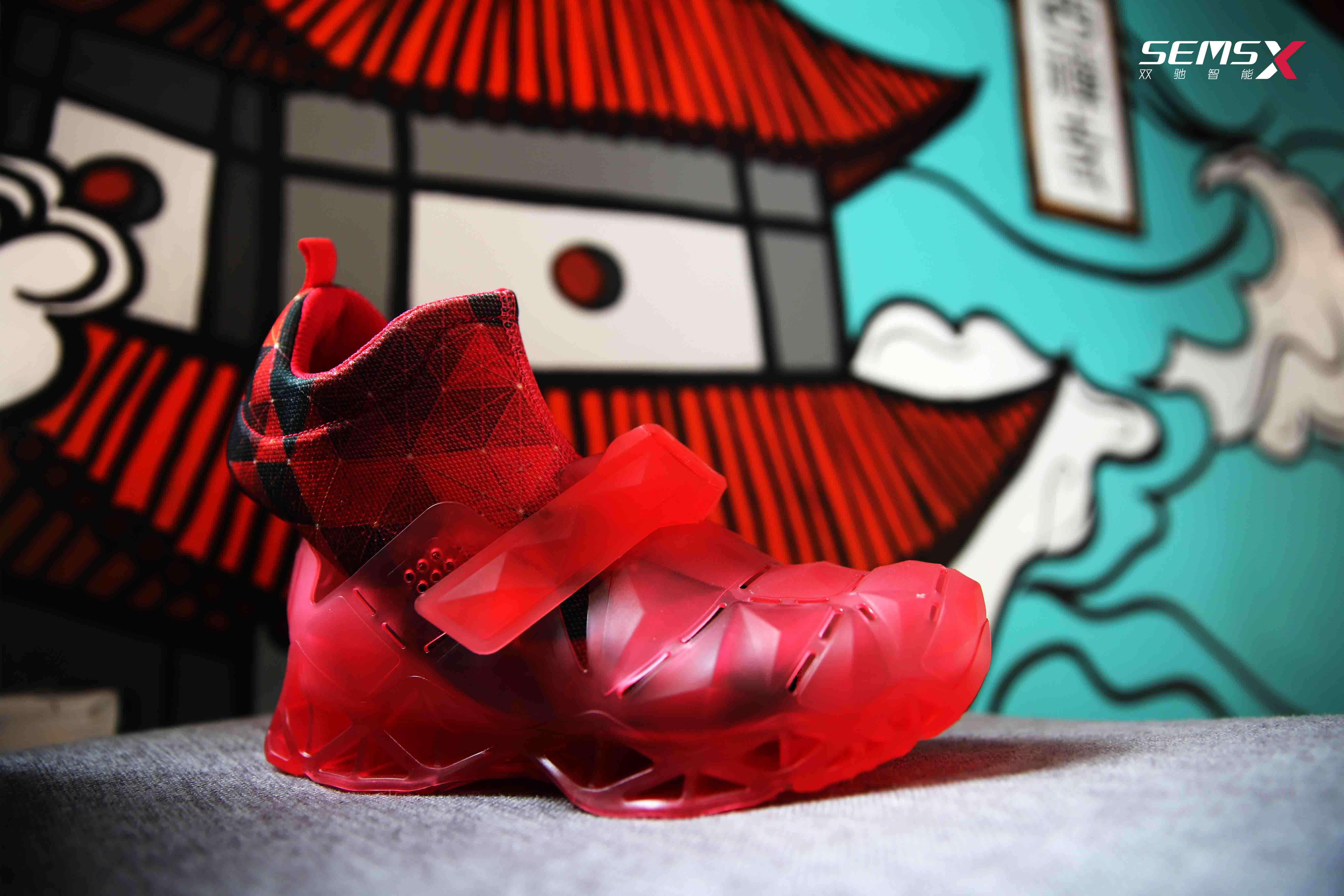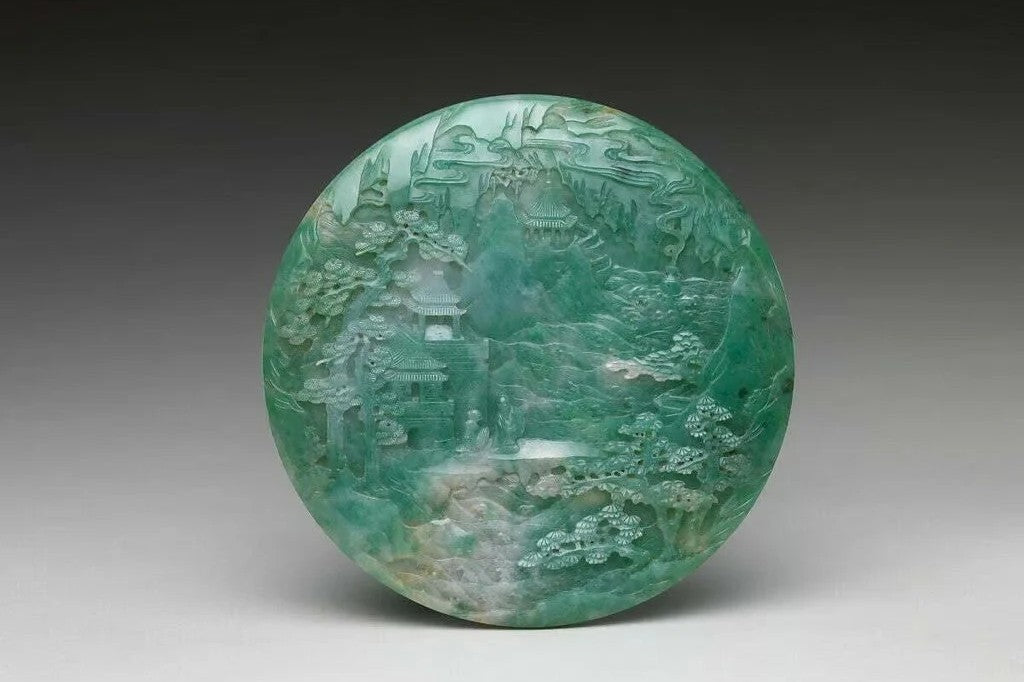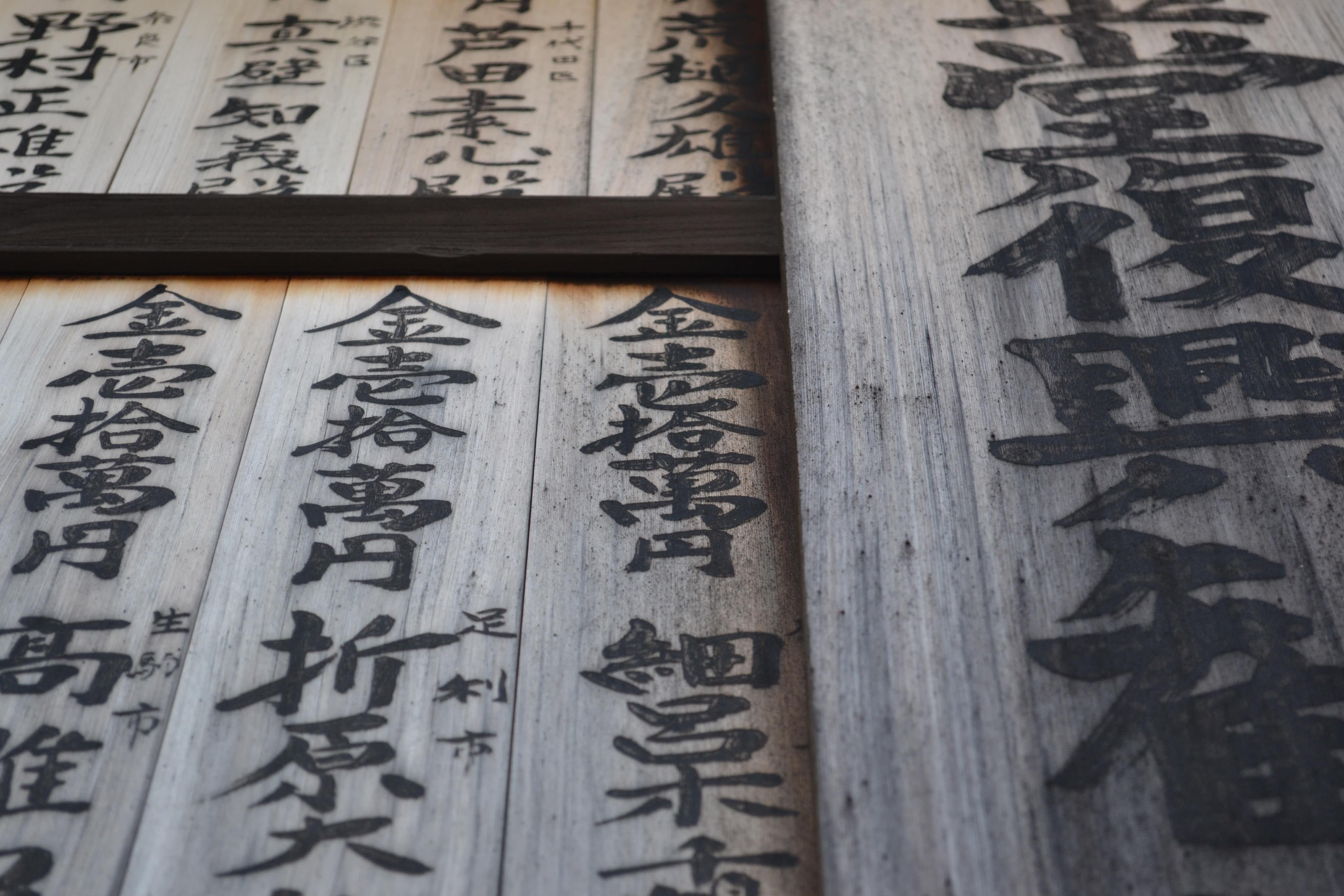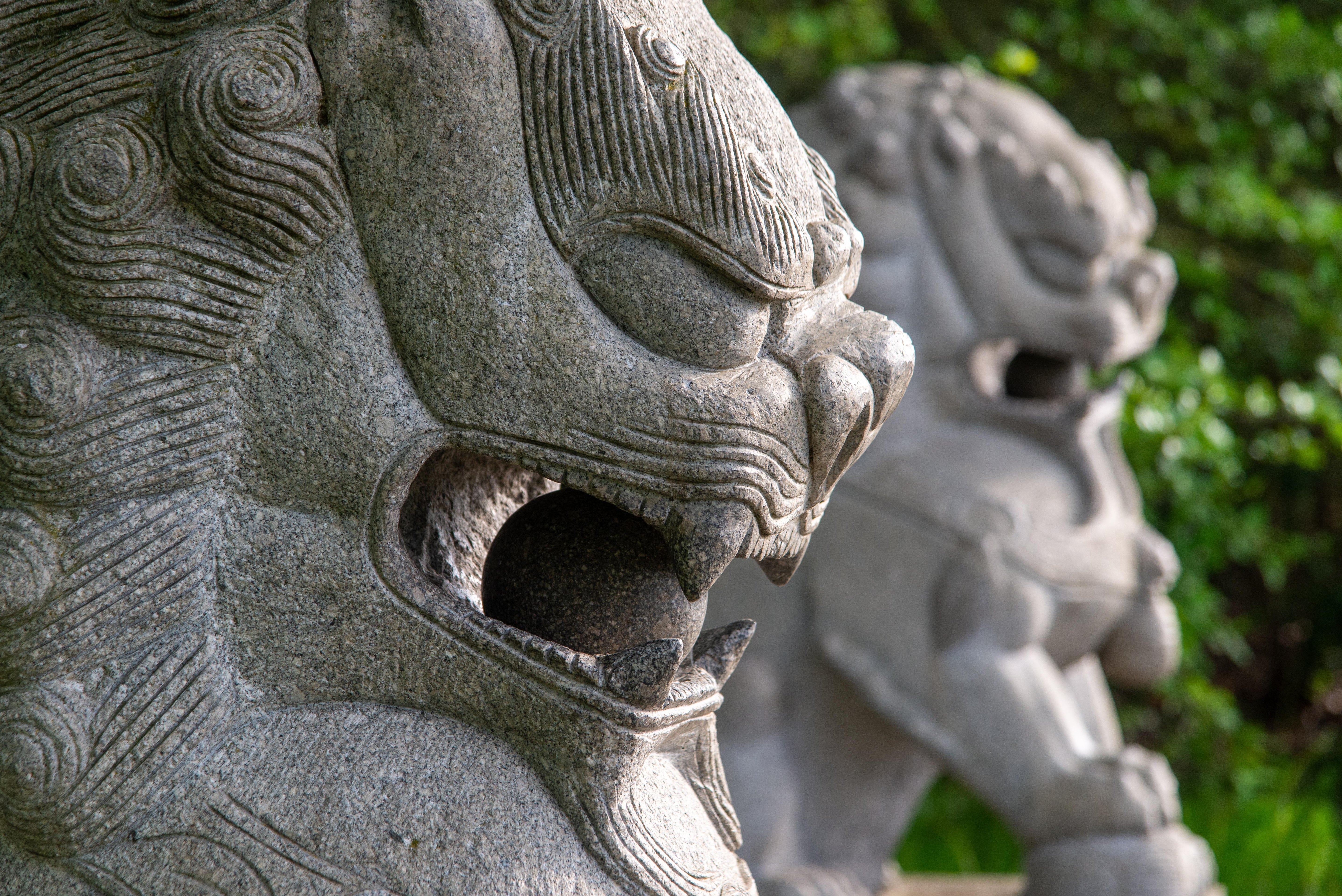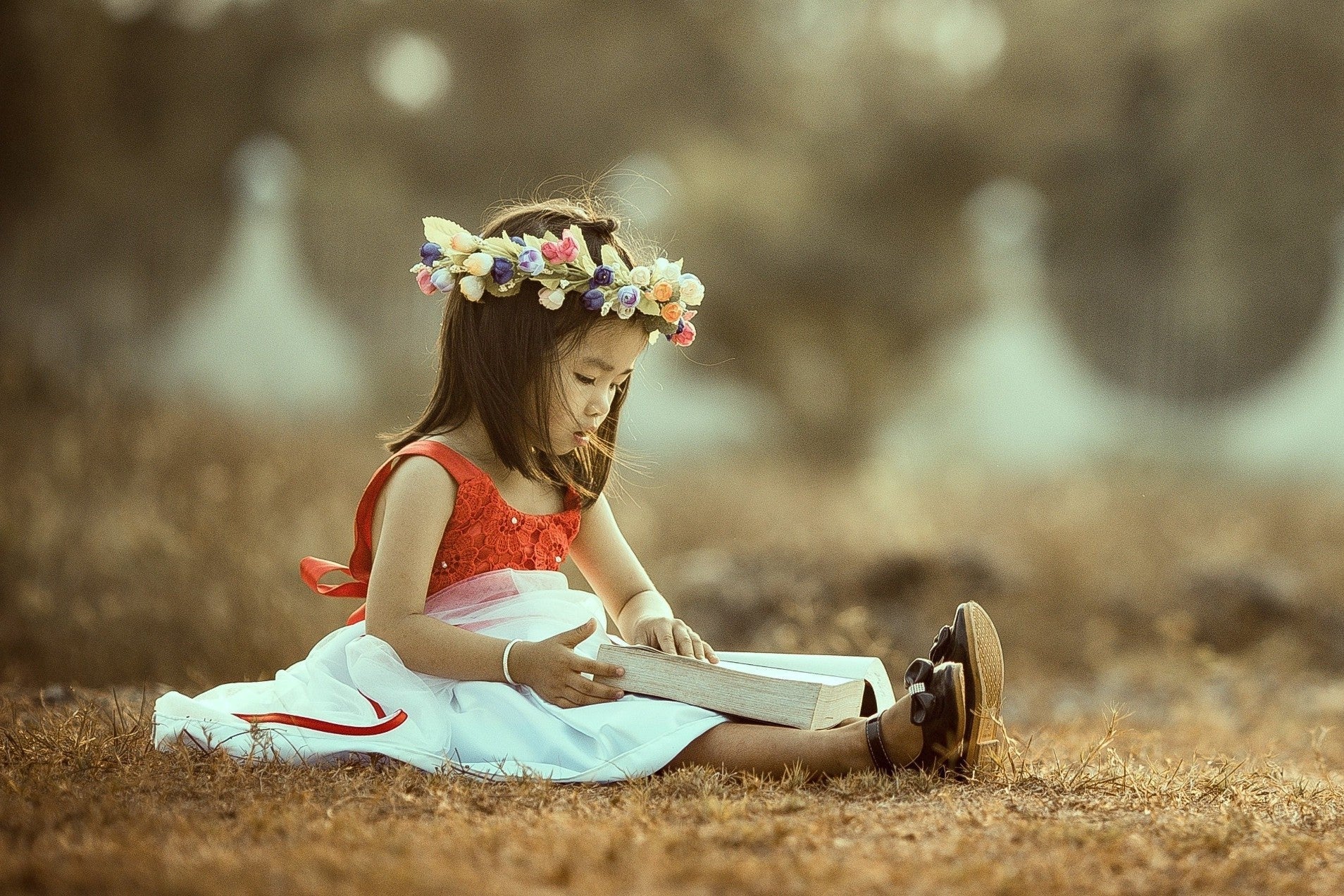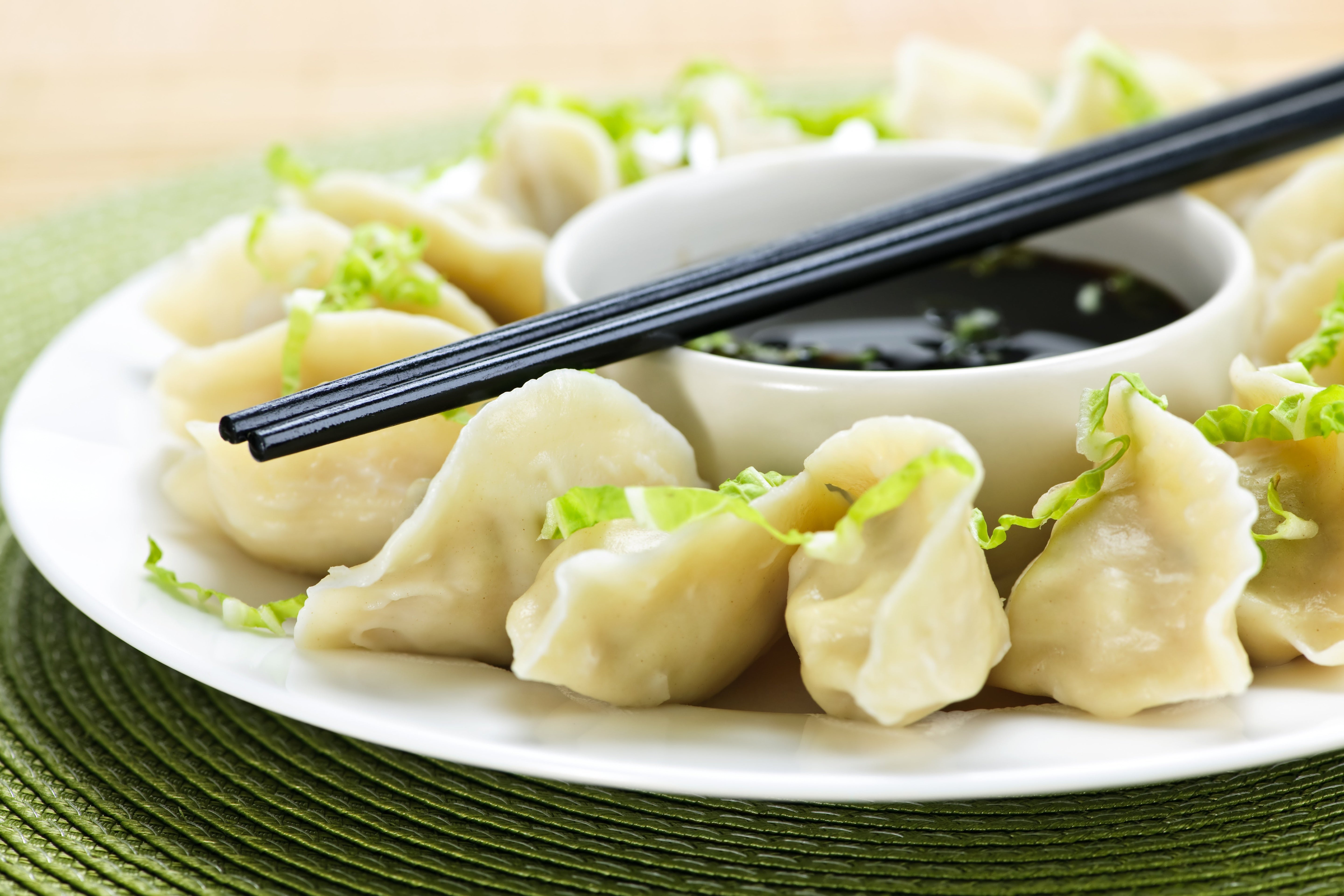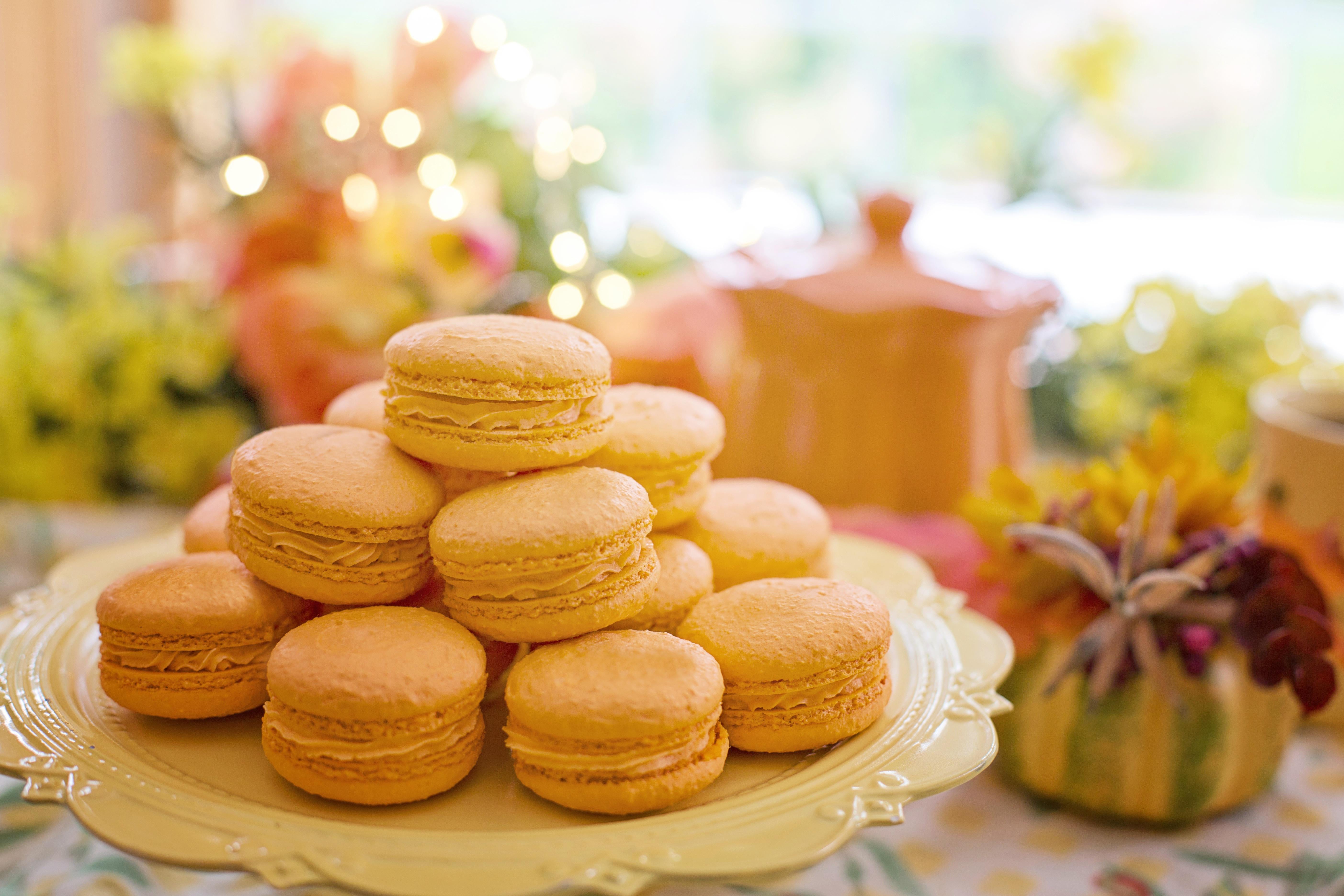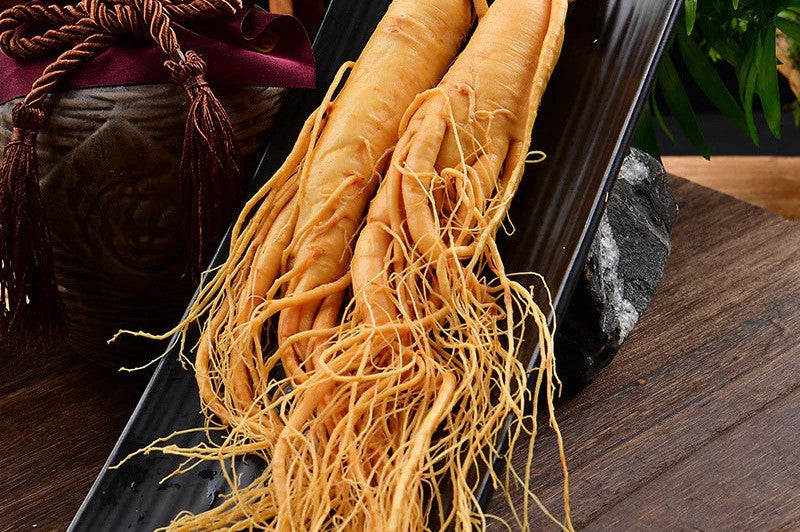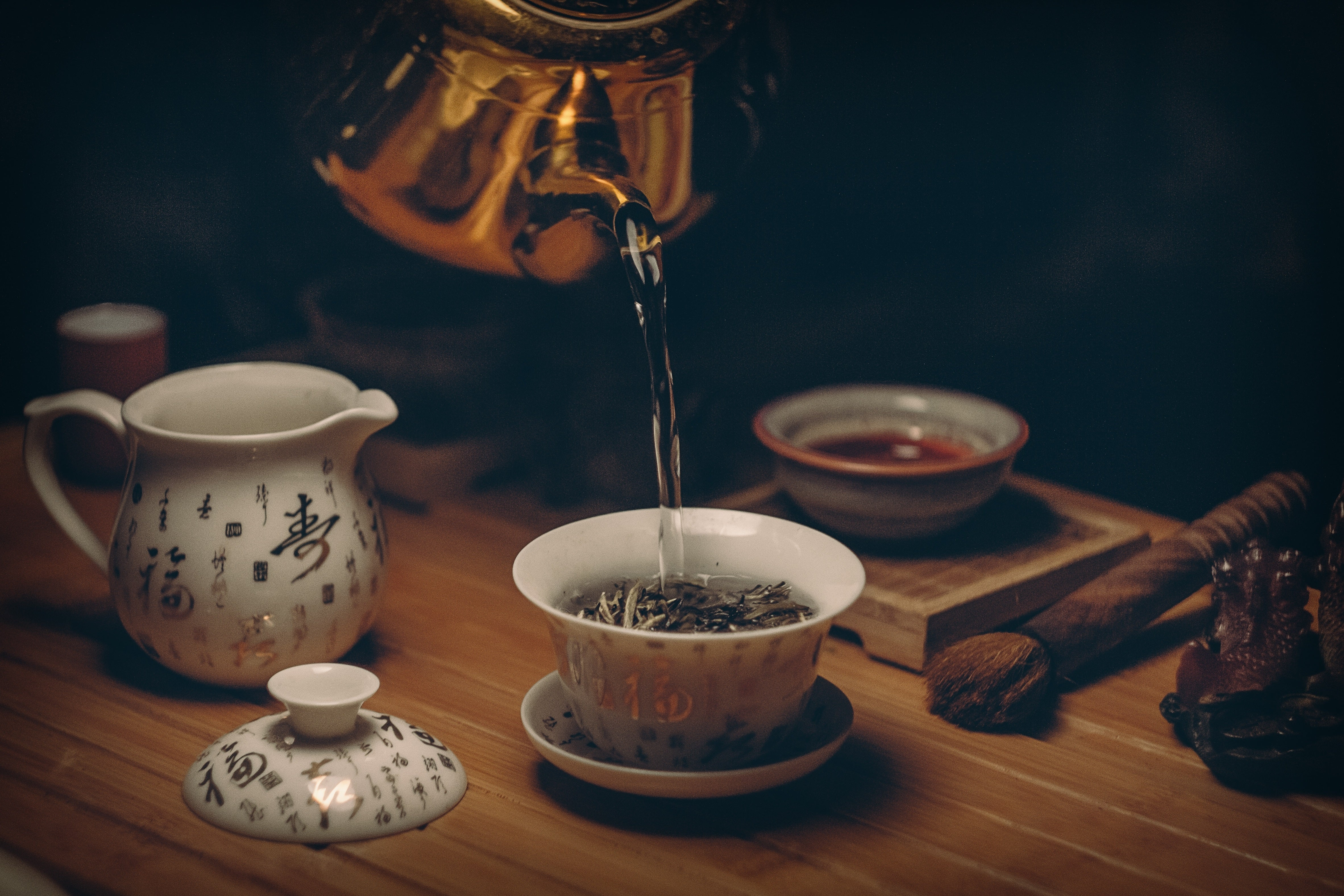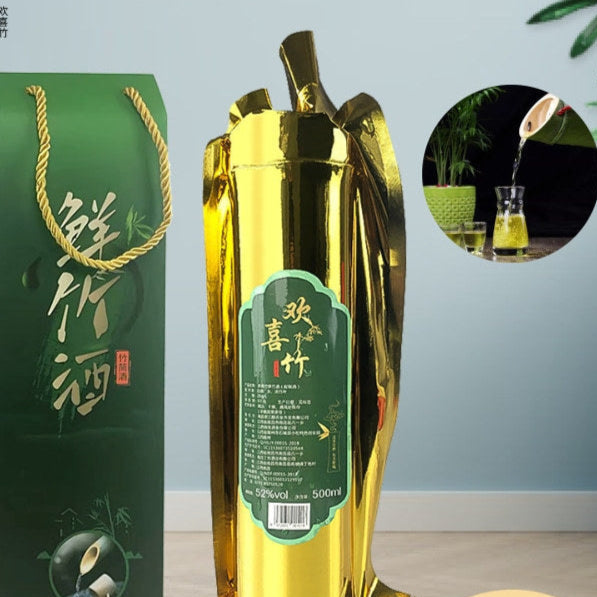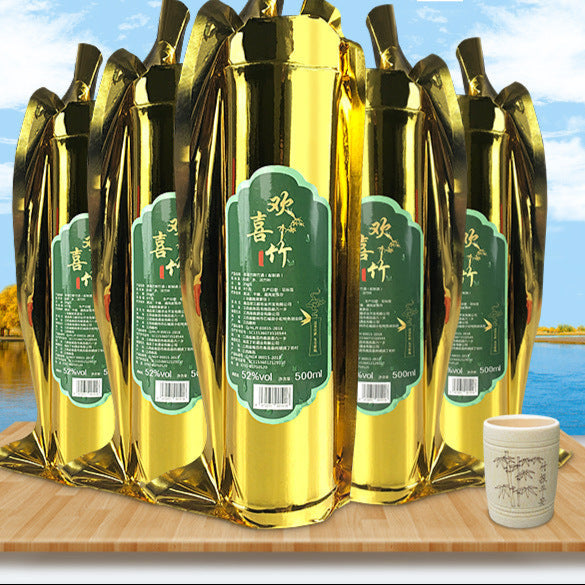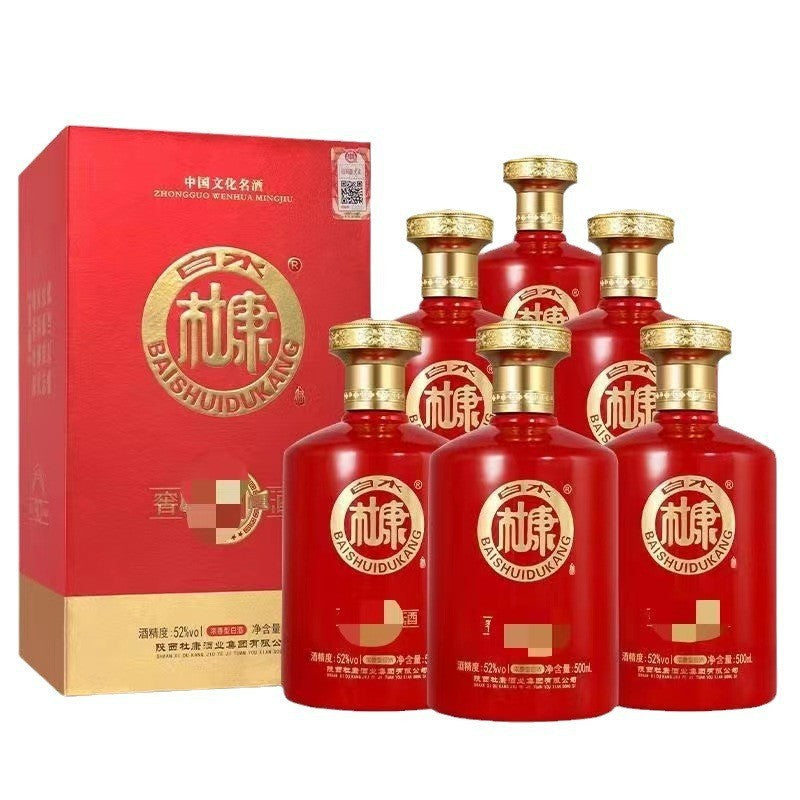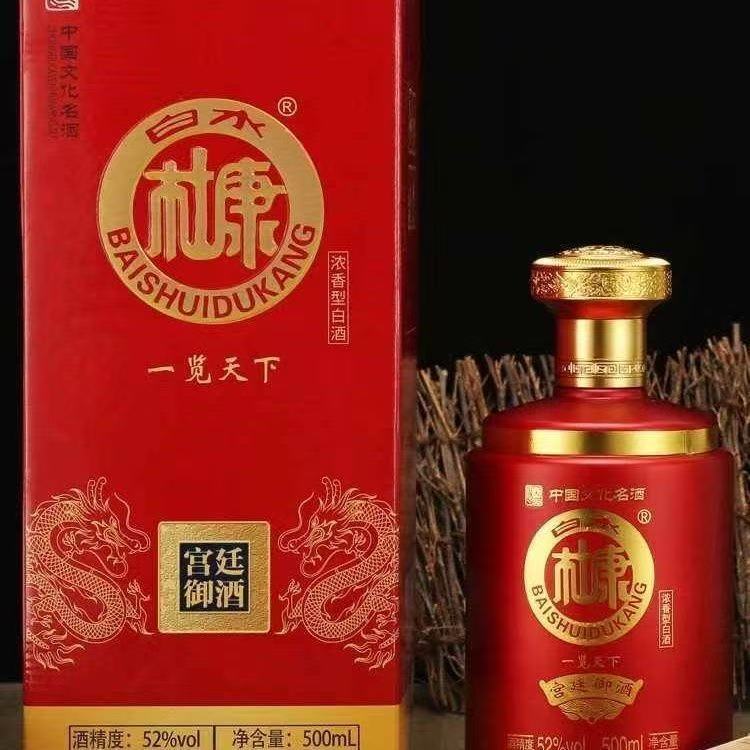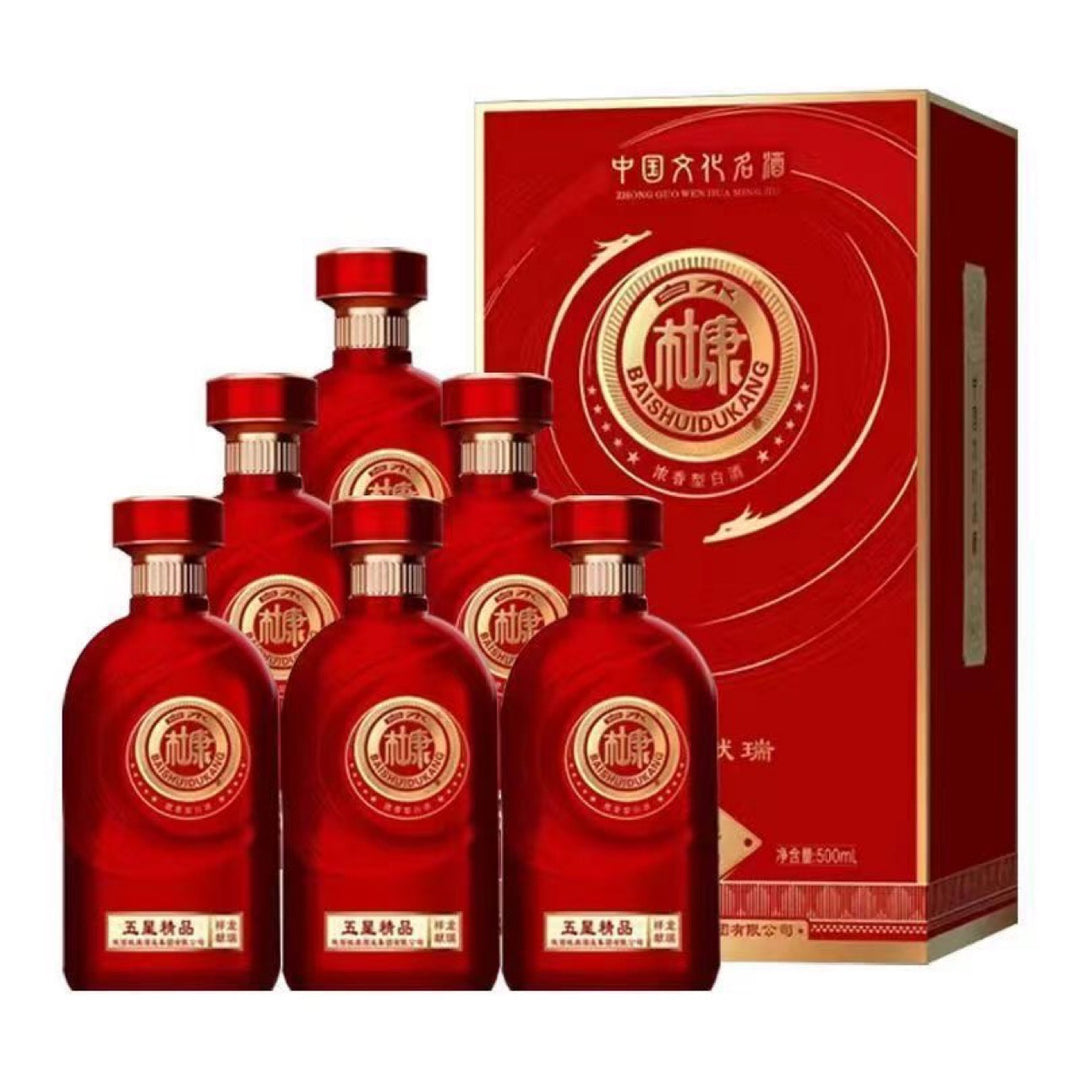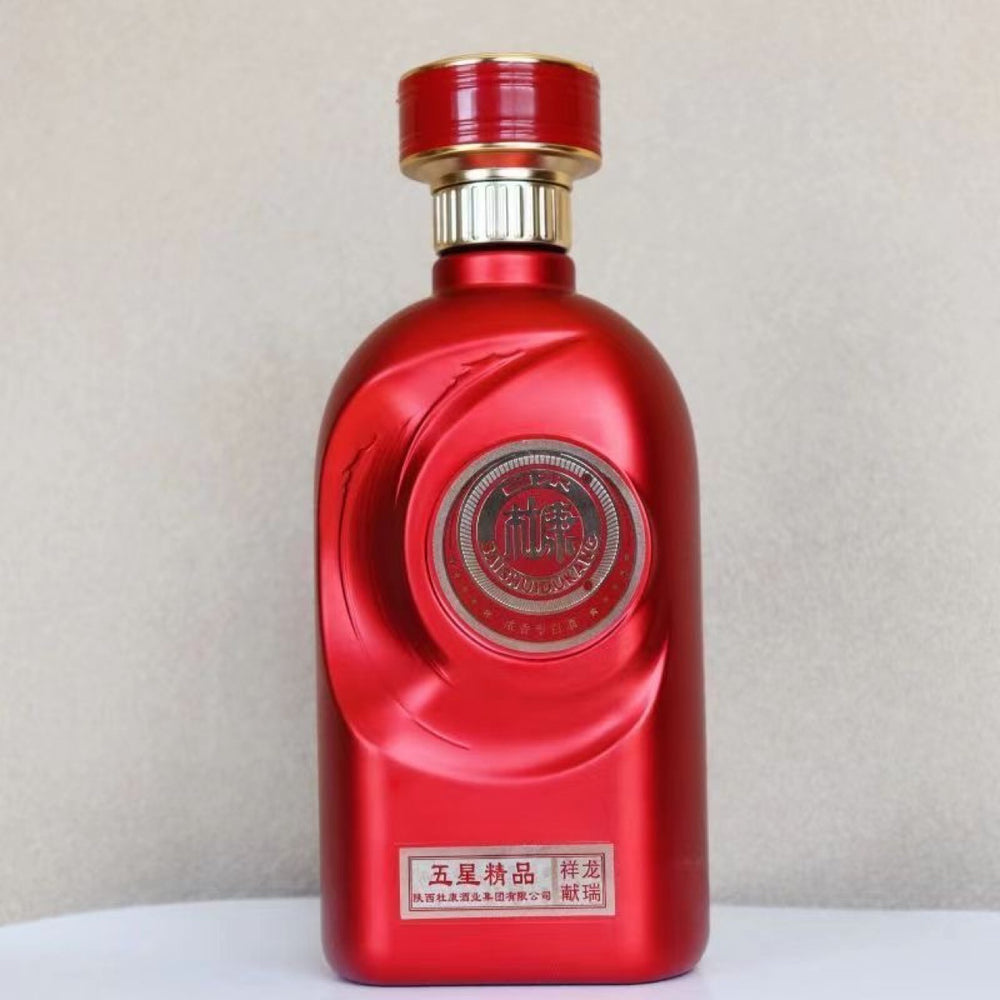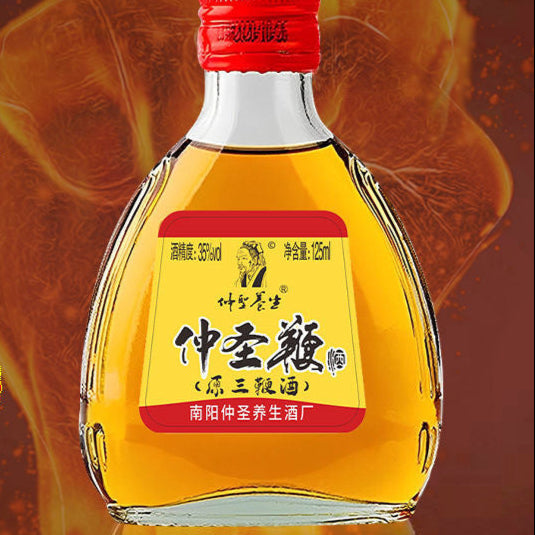
Liquor
Chinese liquor, one of the oldest types of alcohol in the world, boasts a long history and rich cultural heritage. From ancient Huangjiu (yellow wine) and Baijiu (white liquor) to modern fruit wines and rice wines, Chinese liquor has always been an integral part of Chinese culture, representing the country's dietary habits, social customs, and local traditions. Each type of liquor has its unique brewing process and flavor, reflecting regional, ethnic, and cultural characteristics.
Types of Chinese Liquor:
- Baijiu: Baijiu is the most iconic type of Chinese liquor, well-loved by both domestic and international consumers for its distinct brewing methods and bold flavors. It is made from raw materials such as sorghum, rice, and corn, undergoing fermentation, distillation, and aging processes, with a strong aroma and complex taste.
- Huangjiu: Huangjiu is a traditional Chinese fermented liquor made primarily from glutinous rice. It has a lower alcohol content and a rich, mellow taste, often enjoyed with traditional Chinese dishes. It is particularly popular in Southern China and is referred to as the "national liquor" of China.
- Rice Wine: Rice wine is made from fermented rice, typically sweet with a lower alcohol content. It has a soft, mellow flavor and is commonly used for celebrations, banquets, and cooking.
- Fruit Wine: Fruit wine is made from various fruits like grapes, apples, and pomelos. The flavor varies depending on the fruit used, offering refreshing and light flavors, perfect for social gatherings and casual occasions.
- Herbal Liquor: Herbal liquor is made by infusing Chinese medicinal herbs with alcohol. It is believed to have health benefits, such as improving circulation and boosting vitality. Popular types include Goji berry wine and Ginseng wine.
Product Highlights:
- Traditional Brewing Techniques: The brewing techniques for Chinese liquor are both sophisticated and ancient, with each product embodying a blend of heritage and innovation in its production process.
- Unique Tastes and Flavors: Chinese liquors offer a variety of flavors, from fragrant and delicate to strong and rich, influenced by raw materials, brewing methods, and aging time.
- Cultural Significance: Chinese liquor plays a significant role in Chinese festivals, weddings, and social occasions, carrying symbolic cultural meanings.
- Health Benefits: Many types of Chinese liquor, such as herbal wine and Huangjiu, are believed to have health-promoting effects, such as boosting vitality and improving blood circulation.
Chinese liquor is more than just a drink—it represents the history, culture, and customs of China. Whether for celebrations, gifts, or daily enjoyment, Chinese liquor remains an indispensable part of Chinese life.



